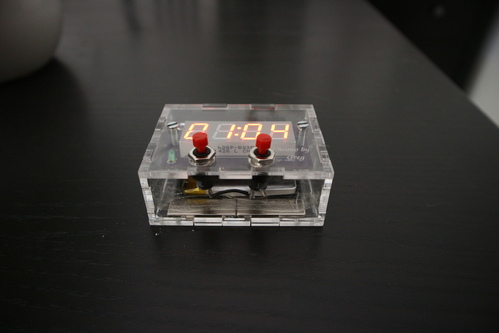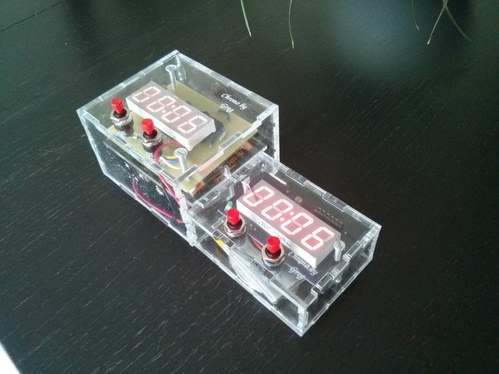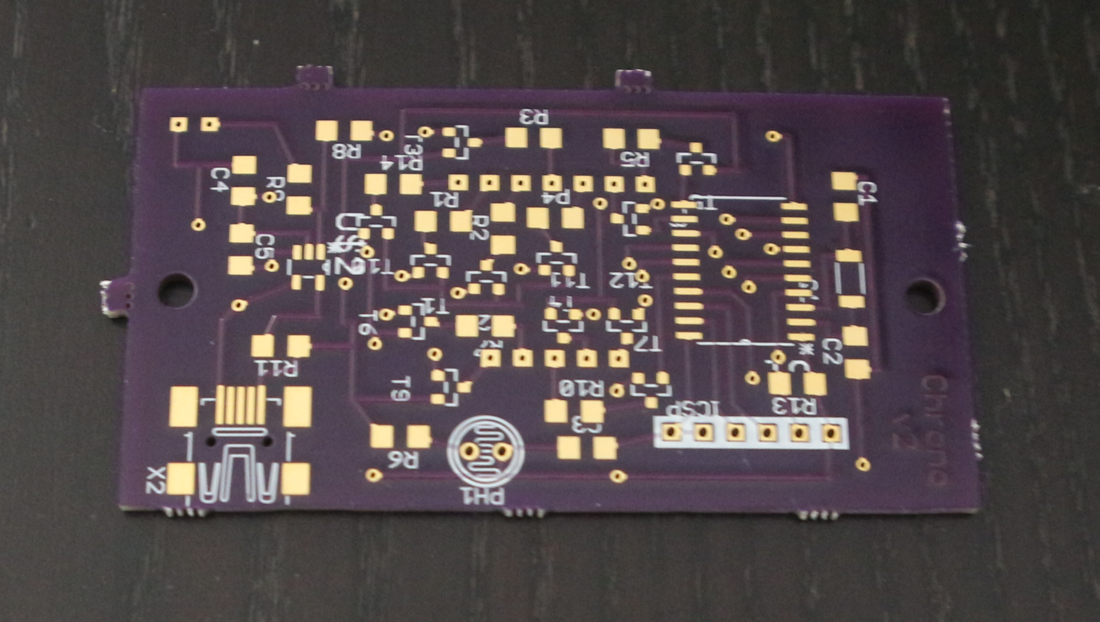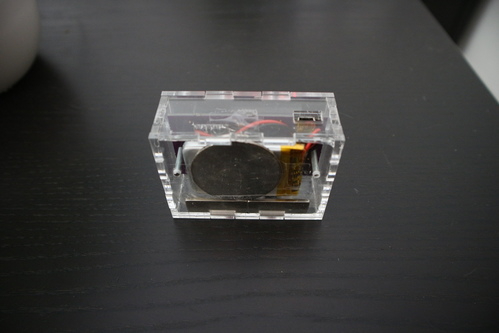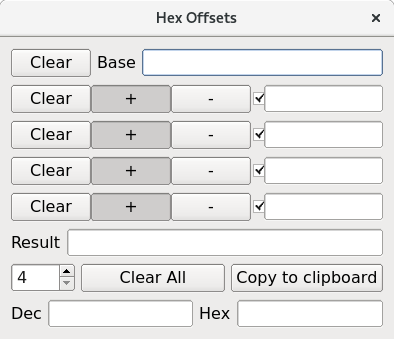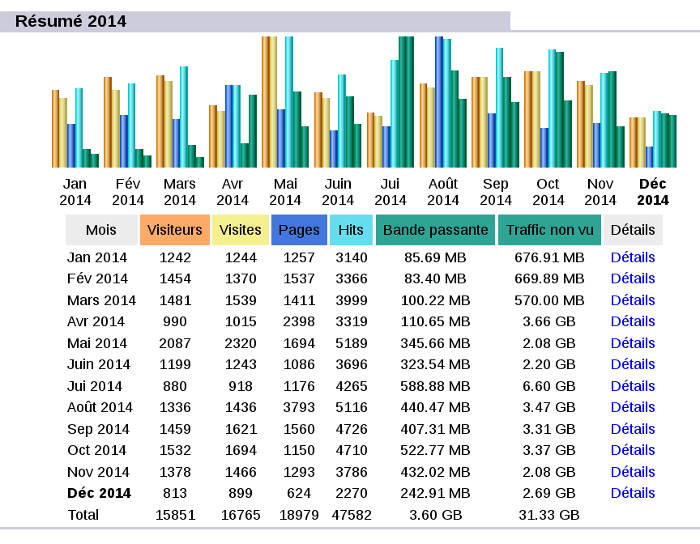gPass 0.8
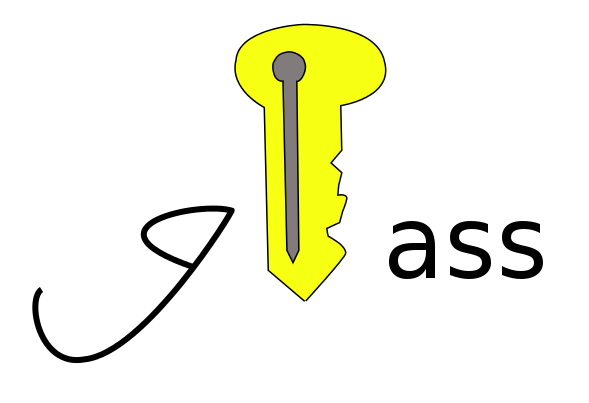
Voici la dernière mouture de gPass, le gestionnaire de mot de passe pour Firefox et Chrome ! Il s'agit là d'une fort belle version avec plein de nouveautés. La précédente date d'un an et demi déjà, plusieurs facteurs ont motivé le développement de celle-ci. Tout d'abord, Firefox abandonne le support des addons pour les remplacer par les webextensions. Ces webextensions utilisent la même API que les extensions Chrome de Google. Si cela facilite le travail du développeur, il place désormais Mozilla au rang des suiveurs dans le monde du web. Le support de l'addon gPass pour firefox est donc abandonné au profit du nouveau code de la webextension (quasi identique à celui de Chrome).
Le gros avantage de cette nouvelle API est le support de la cryptographie de manière (quasi) native. L'option SHADOW_LOGINS est donc activée par défaut. Le mode de chaînage ECB n'étant pas supporté par l'API, j'ai décidé de changer la façon dont sont chiffrées les données avec du CBC, ce qui est plus solide cryptographiquement parlant. J'ai aussi noté que si les mots de passes étaient salés, ils ne l'étaient pas correctement car ce dernier était ajouté à la fin et non au début, donc inutile lorsqu'il y a plus de 13 caractères (la longueur par défaut étant 16...). Le protocole d'échange avec le serveur a lui aussi évolué pour passer en version 4. D'autres modifications mineures ont été apportées sur la partie serveur :
- Retour automatique en haut
- Disposition de l'interface
- Génération des mots de passe (plus facilement lisible pour les humains)
- Les mots de passes en clair ne sont affichés que pendant 15 minutes
- Ajout de tests unitaires
Autre fonctionnalité intéressante qui me trottait dans la tête depuis un certain temps : le blocage des connexions lorsque l'on détecte une clé maître en clair dans les paramètres de la requête. Malheureusement ce mécanisme ne fonctionne que sous Chrome.
L'ajout de la cryptographie native est un réel plus. Néanmoins c'est un véritable calvaire à programmer. En effet, les développeurs ont eu le bon goût de l'implémenter en utilisant des Promise, donc des appels de fonctions asynchrones (car en arrière plan le navigateur invoque un binaire OpenSSL), alors que nous avons besoin du résultat immédiatement ! Bref, il a fallu attendre l'arrivée de la version 53 et du support des directives await et async pour retrouver un semblant d'utilisabilité. Hélas, c'est la période choisie par Debian pour entrer dans sa phase de gel en vue de la sortie de la nouvelle version stable. Il y a donc eu 6 + 1 mois de retard car je ne voulais pas casser la compatibilité avec des serveurs alors que les addons seraient resté bloqués en v0.7. De plus, je ne pouvais pas tester directement.
Autre nouveauté pour ceux qui ne veulent pas ouvrir leur navigateur, il y a désormais une interface accessible en ligne de commandes (CLI/terminal) ! Cela permet également d'étendre le gestionnaire à autre chose que du pur web !
Les sources sont disponibles sur ma forge sous licence GPLv3.

